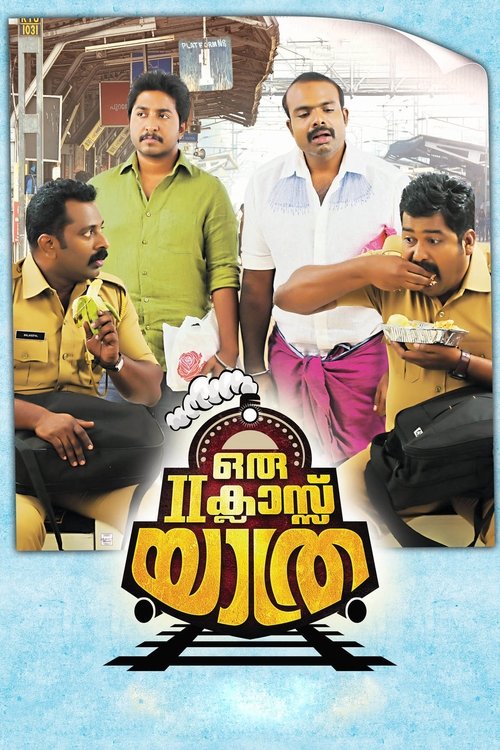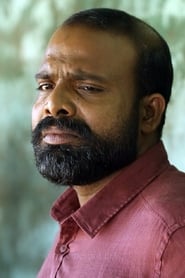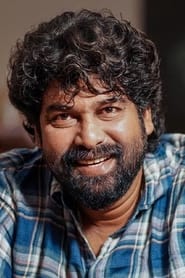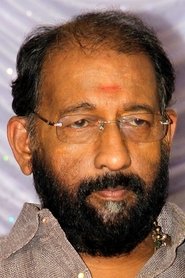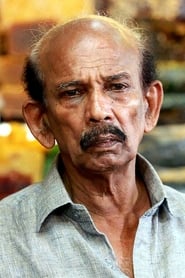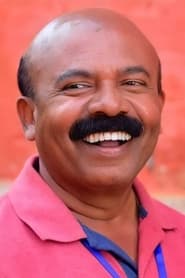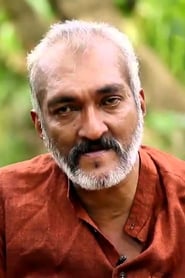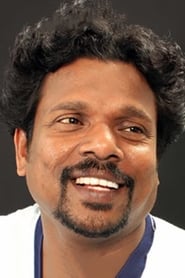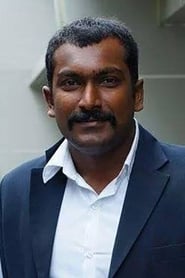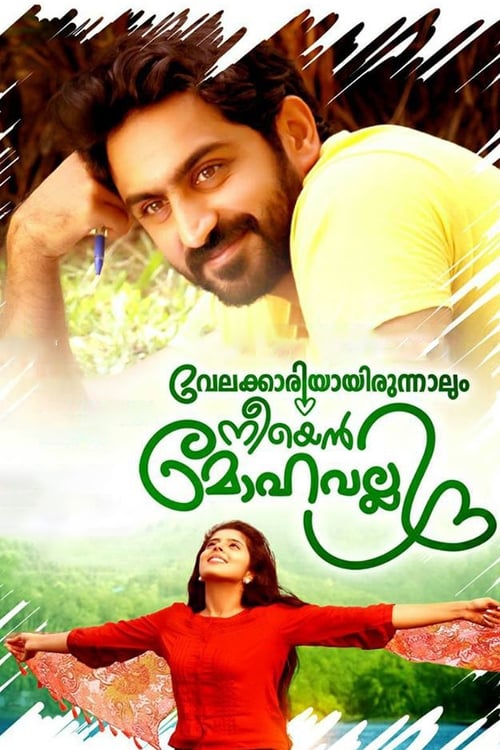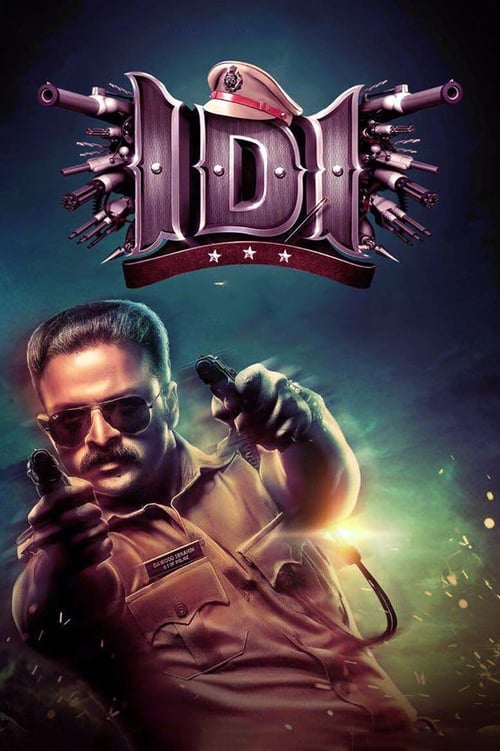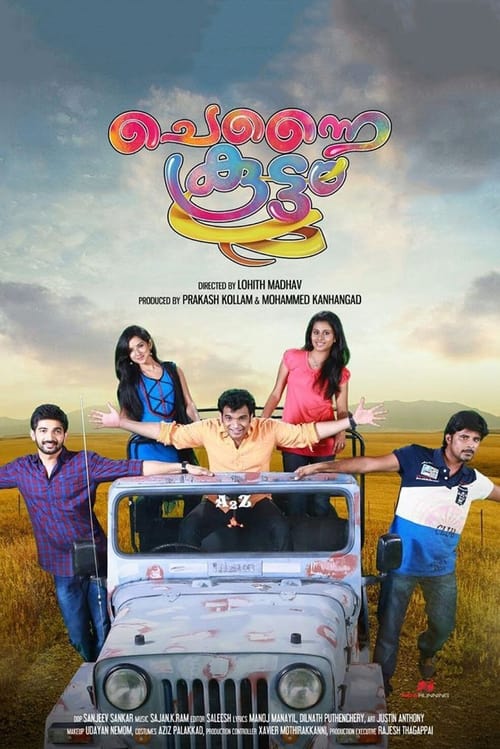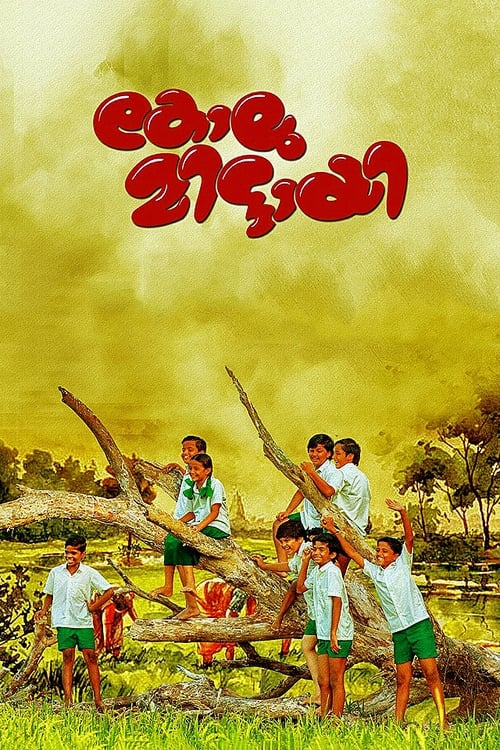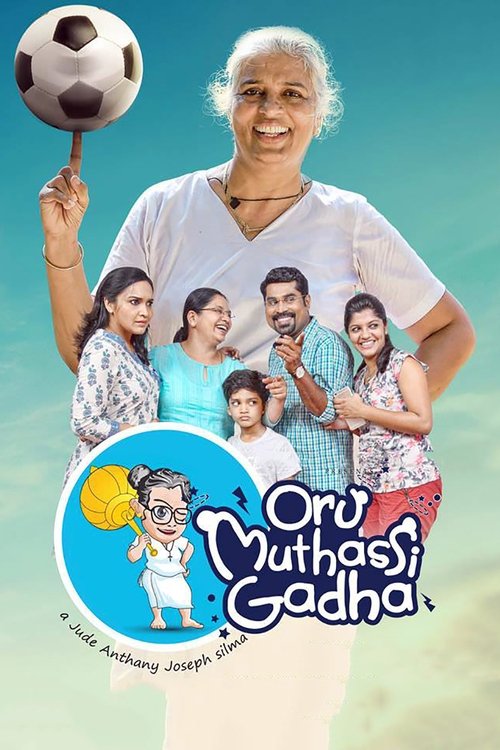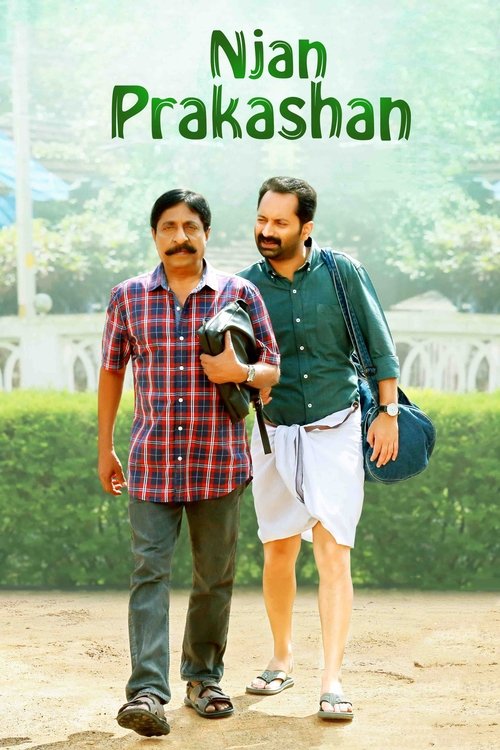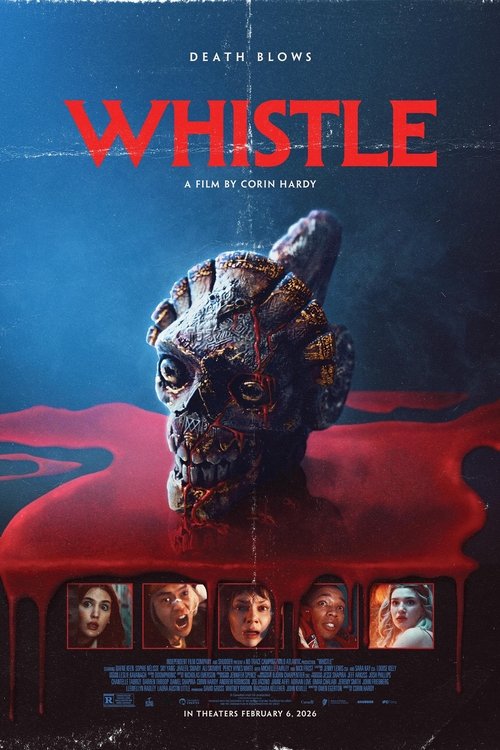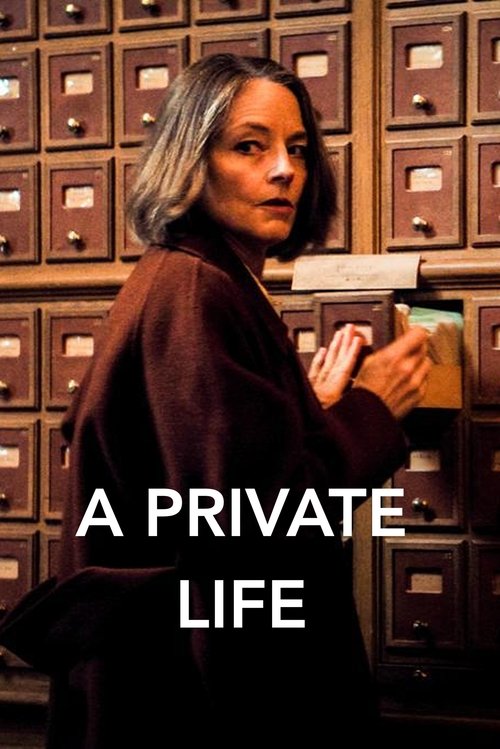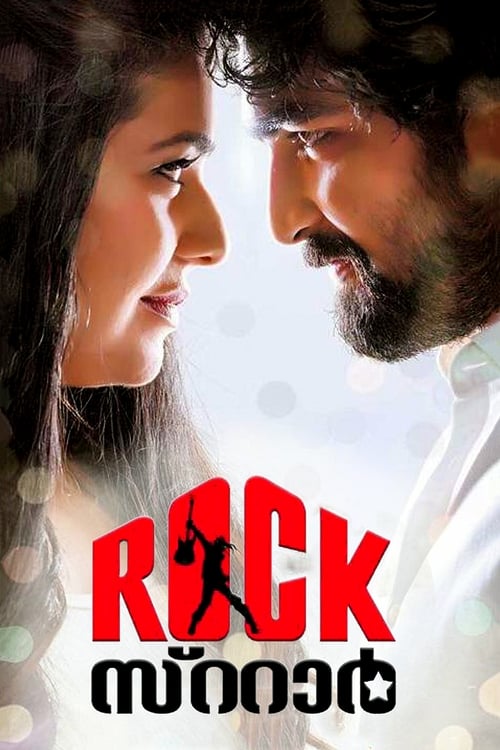
Ask Your Own Question
What is the plot?
What is the ending?
In the ending of "Oru Second Class Yathra," the main character, a struggling man named Keshavan, faces the consequences of his choices throughout the film. After a series of misadventures and personal growth, he ultimately finds a sense of closure and acceptance regarding his life and relationships. The film concludes with Keshavan reconciling with his past and looking forward to a new beginning.
As the final scenes unfold, Keshavan is seen sitting on a bus, reflecting on his journey. He has come to terms with his failures and the impact they have had on his relationships, particularly with his family. The bus ride symbolizes a transition, both physically and emotionally, as he prepares to embrace the future with a renewed sense of hope.
The film ends on a poignant note, emphasizing themes of redemption and the importance of personal growth.
As the final act of "Oru Second Class Yathra" begins, the atmosphere is heavy with the weight of Keshavan's past decisions. He finds himself on a bus, the vehicle that has been a constant in his tumultuous journey. The bus is crowded, filled with a mix of passengers, each lost in their own thoughts, mirroring Keshavan's internal struggle. The sound of the engine hums steadily, a reminder of the journey he has undertaken.
Keshavan gazes out the window, watching the landscape blur by. The vibrant colors of the fields and the bustling life outside contrast sharply with the turmoil he feels inside. Memories flood his mind--moments of joy, regret, and the relationships he has strained. He thinks of his family, particularly the rift that has grown between him and his loved ones due to his choices. The weight of his past actions presses down on him, but there is a flicker of determination in his eyes.
As the bus makes its way through the winding roads, Keshavan's thoughts shift to his children. He recalls their laughter, their innocence, and the dreams he once had for them. A sense of longing washes over him, and he realizes that he has a chance to mend what has been broken. The realization that he can still be a part of their lives ignites a spark of hope within him.
The bus stops at a small town, and Keshavan takes a deep breath, feeling the fresh air fill his lungs. He steps off the bus, the ground firm beneath his feet, symbolizing his readiness to confront his past. He walks through the town, each step resonating with purpose. The familiar sights evoke a mix of nostalgia and regret, but he pushes forward, determined to make amends.
In a pivotal moment, Keshavan arrives at his family home. The door stands slightly ajar, a metaphor for the openness he hopes to find within his family. He hesitates for a moment, his heart racing, but then he gathers his courage and knocks. The door swings open, revealing his family, their expressions a mix of surprise and uncertainty.
Keshavan's voice trembles as he speaks, apologizing for his past mistakes and expressing his desire to reconnect. The emotional weight of his words hangs in the air, and the tension is palpable. His family members exchange glances, their initial shock giving way to a cautious hope. Slowly, they begin to embrace him, tears of reconciliation flowing freely.
The scene shifts to a family gathering, where laughter and warmth fill the room. Keshavan watches his children play, their joy a balm for his weary soul. He realizes that while the road ahead may be challenging, he is no longer alone. The bonds of family, once frayed, are beginning to mend, and Keshavan feels a sense of belonging that he had longed for.
As the film draws to a close, Keshavan stands outside, looking up at the stars. The night sky is vast and filled with possibilities, mirroring his newfound hope. He understands that life is a journey, and while he cannot change the past, he can shape his future. The final shot lingers on his face, a mixture of relief and determination, as he steps forward into the unknown, ready to embrace whatever comes next.
In this ending, Keshavan's fate is one of redemption and renewal. He has faced his demons and emerged with a clearer understanding of himself and his relationships. The film concludes with a message of hope, emphasizing the power of forgiveness and the importance of family, leaving the audience with a sense of optimism for Keshavan's future.
Is there a post-credit scene?
In the movie "Oru Second Class Yathra," there is no post-credit scene. The film concludes its narrative without any additional scenes or content after the credits roll. The story wraps up with the main characters' arcs resolved, leaving the audience with a sense of closure regarding their journey and experiences throughout the film.
What challenges does the protagonist face during his journey in Oru Second Class Yathra?
The protagonist, a man named Keshavan, faces numerous challenges during his journey, including financial constraints, the struggle to find transportation, and the various eccentric characters he encounters along the way. His determination to reach his destination despite these obstacles highlights his resilience and the comedic elements of the film.
How does Keshavan's relationship with his family evolve throughout the film?
Keshavan's relationship with his family is strained at the beginning of the film due to his financial struggles and the pressure to provide for them. As the story progresses, his journey leads to moments of reflection and growth, ultimately bringing him closer to his family as he realizes the importance of their support and understanding.
What role do the supporting characters play in Keshavan's journey?
The supporting characters, including fellow travelers and locals, serve as both comedic relief and sources of wisdom. Each character Keshavan meets adds depth to his journey, presenting unique perspectives on life and challenges, which ultimately influence his outlook and decisions.
What is the significance of the train journey in the film?
The train journey symbolizes Keshavan's quest for a better life and serves as a metaphor for the ups and downs of his experiences. It is during this journey that he encounters various life lessons, confronts his fears, and ultimately discovers his own strength and resilience.
How does the film portray the theme of perseverance through Keshavan's character?
Keshavan's character embodies perseverance as he navigates through a series of setbacks and humorous misadventures. His unwavering determination to reach his destination, despite the odds stacked against him, showcases his inner strength and the human spirit's ability to overcome adversity.
Is this family friendly?
"Oru Second Class Yathra" is a Malayalam film that combines elements of comedy and drama, making it generally suitable for family viewing. However, there are a few aspects that might be considered objectionable or upsetting for children or sensitive viewers:
-
Mature Themes: The film touches on themes of social issues and personal struggles, which may be complex for younger audiences to fully understand.
-
Language: There are instances of mild profanity and colloquial language that may not be appropriate for children.
-
Emotional Scenes: The film contains moments of emotional distress and conflict that could be upsetting, particularly for sensitive viewers. These scenes explore the characters' struggles and frustrations, which may evoke strong feelings.
-
Social Commentary: The film includes commentary on societal norms and issues, which might be heavy for younger viewers to grasp.
Overall, while the film is not overtly inappropriate, parents may want to consider these elements when deciding if it is suitable for their children.

